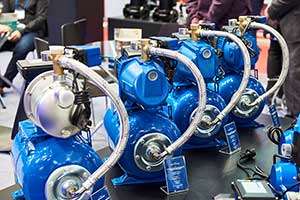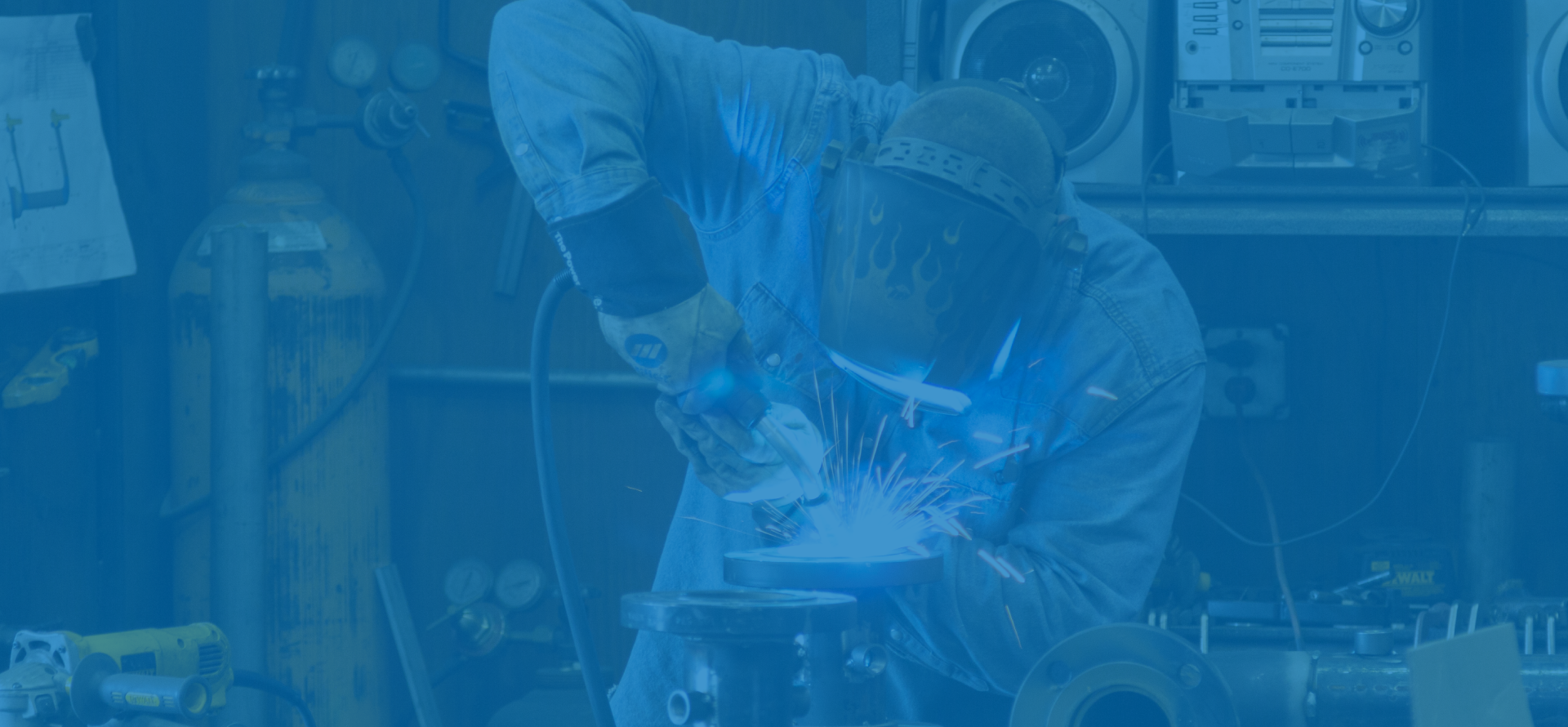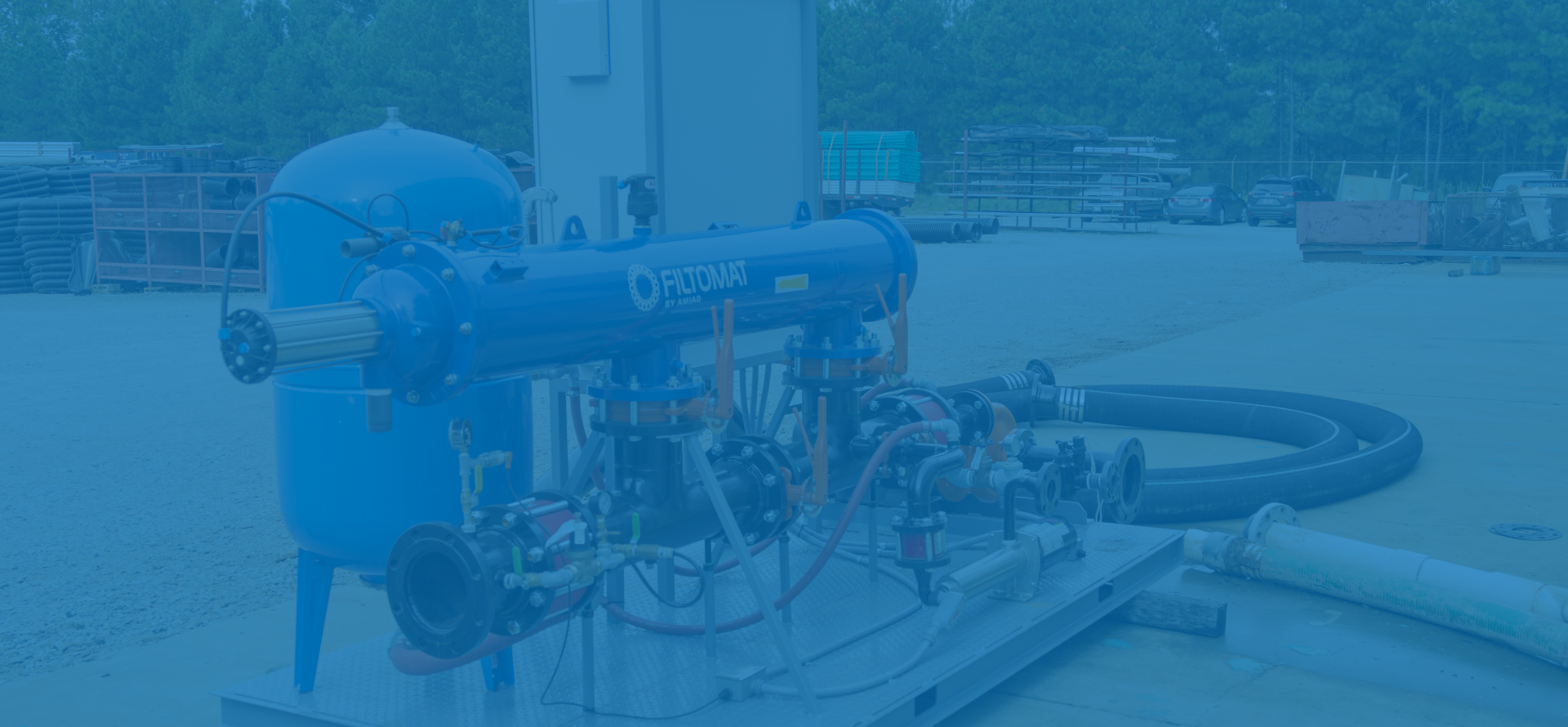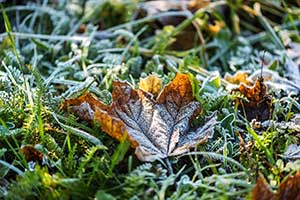
The last thing that will probably be on your mind during winter is your lawn. This is the time that you will spend the least amount of time thinking about your yard. However, this doesn’t mean you don’t have to take care of it during this season. There are still lots of things that you can do to keep your lawn in great shape throughout winter.
Here are some simple DIY winter lawn care tips that you should know.
Aerate the Soil
One of the best ways of keeping your lawn healthy during winter is by aerating the soil. Aerating your lawn provides the much-needed air for lawn’s root system. Aeration can be done by hand, but power aerators are available for rent at most equipment rental centers for a reasonable price. Power aerators not only make the job easier, but they also do a much better job of aerating the soil.
Keep It Clean
Keep lawn debris, such as leaves and fallen branches picked up on a regular basis. Leaves and other debris can shade out and kill areas of turf over the winter.
Mowing
It’s important to keep cutting your grass during the weeks before winter so that it is as short as possible at the end of the growing season. Shorter grass discourages nesting by mice and other animals which may damage large areas of your lawn.
Do you have any questions about winter lawn care? Contact W.P Law Incorporated today on everything about lawn care and maintenance.



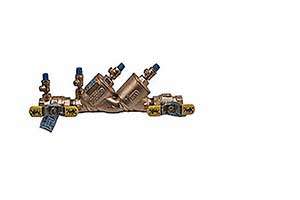
.jpg)
